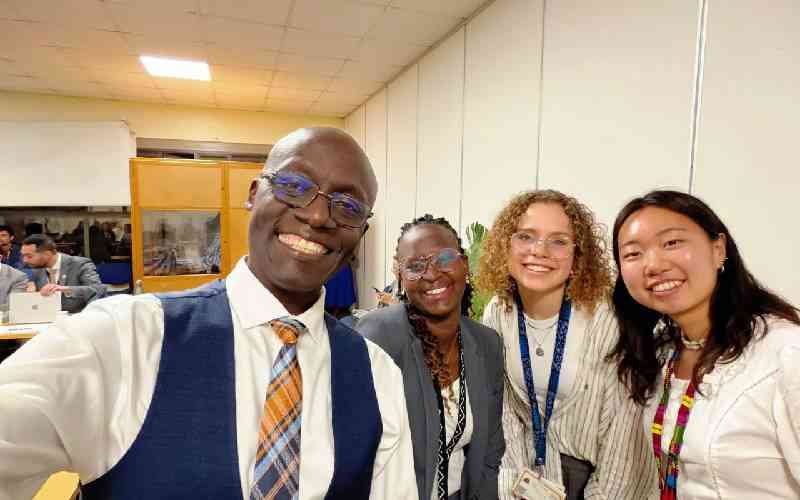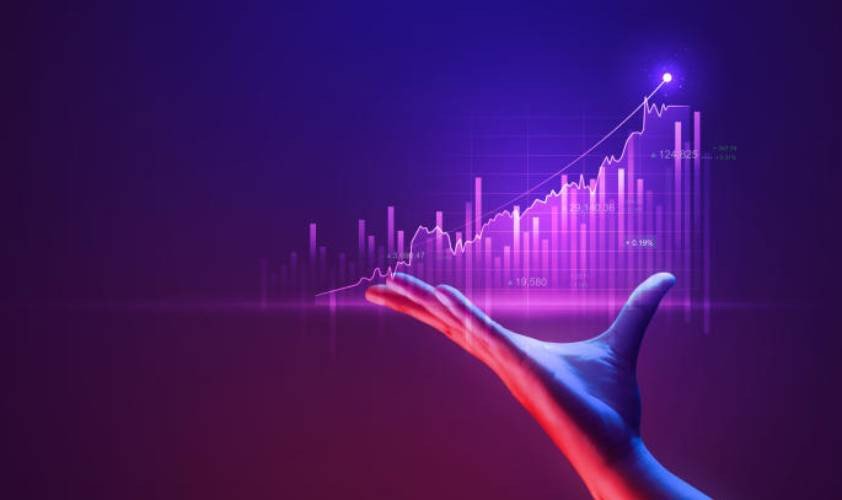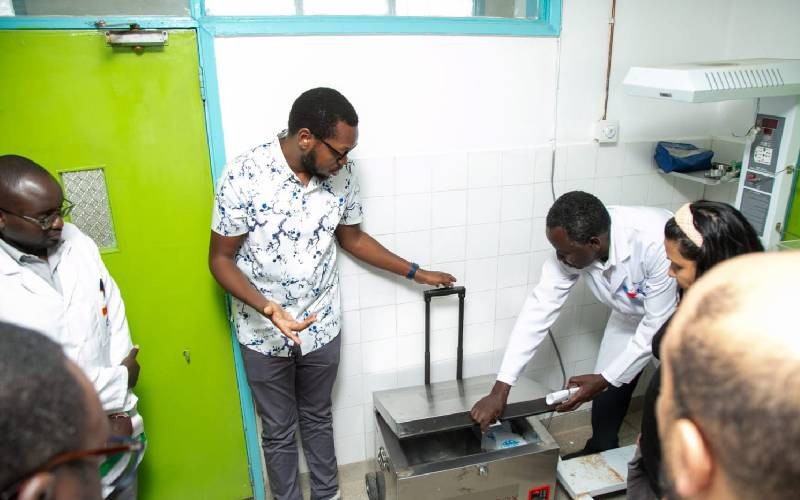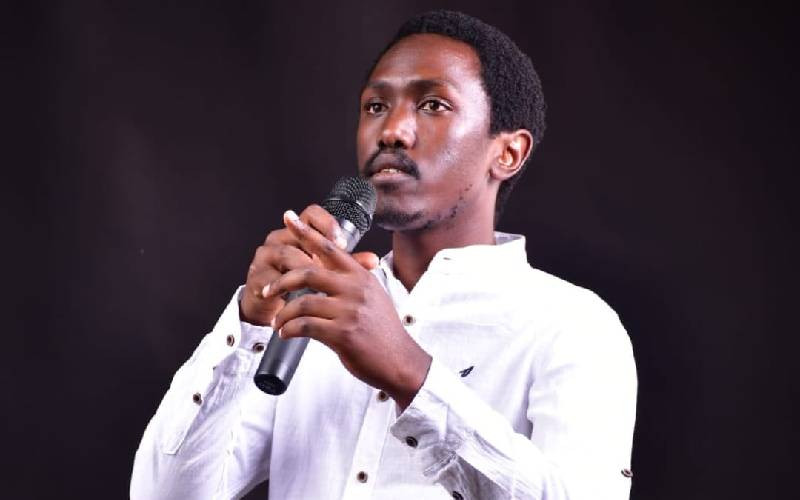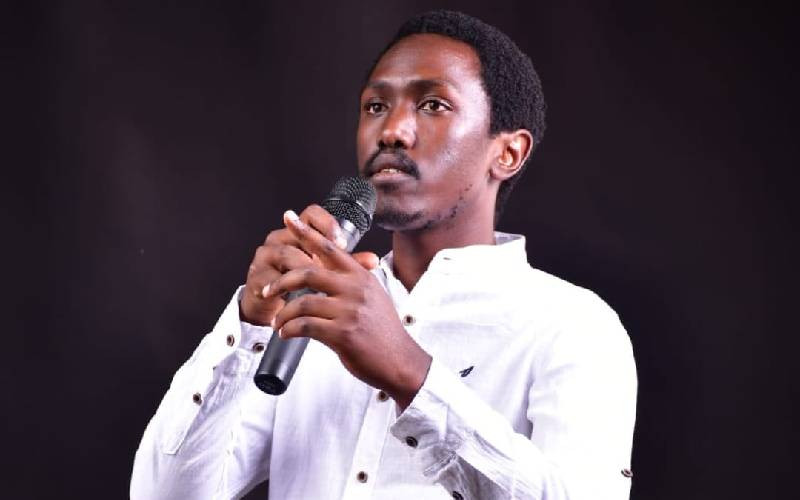
When a new digital platform entered Kenya’s communications space, it was easy to mistake it for another influencer marketing project. But behind its slogan “Tell It Right,” the Nairobi-based initiative is quietly working on an idea that could shift how young people earn from creativity and social influence.
The platform known as the Climavox Grid, seeks to make digital influence more inclusive, transparent, and grounded in purpose
Still in development stages, the Grid envisions a digital marketplace where everyday creators — from university students in Nakuru to climate advocates in Kilifi — can join brand and social campaigns, get paid based on performance, and use their platforms for public good.
“We’re building a system that includes everyone, from the student running a TikTok page in Nakuru to a climate advocate in Kilifi,” said Enock Bii, the project’s founder. “The Grid gives every young voice a seat at the table, and the chance to turn creativity into opportunity.”
Unlike the current system dominated by a few celebrity influencers who charge brands thousands for a single post, the Grid would pay based on measurable engagement — rewarding those who drive genuine conversation rather than those with the largest following.
The idea comes at a time when Kenya’s creator economy is expanding but uneven. While the government has championed the “digital superhighway” as a key policy pillar, many young content creators outside Nairobi remain excluded from formal brand deals and paid campaigns.
Bii believes the Grid can change that by linking influence with purpose. “For us, sustainability isn’t an afterthought,” he said. “It’s at the heart of what we’re building. We want to prove that influence can build brands and better societies.”
The platform plans to host both commercial and social campaigns, allowing young people to participate in advocacy on issues such as climate, gender, and financial inclusion — causes often overlooked in mainstream influencer marketing. Brands and NGOs will be able to recruit creators directly for awareness or behavior-change campaigns.
A digital cleanup challenge on TikTok, or a financial literacy campaign running across universities, are among examples of how the Grid could turn everyday creators into paid partners in national awareness efforts.
Behind the scenes, the team led by Bii and Chief Operating Officer Faustine Ngila is testing the platform’s design and fairness model. A pilot phase, expected to begin soon, will recruit 5,000 youth creators across Kenyan universities and digital spaces to test what they describe as a “fairness engine.”
“We want a system that young people can trust,” said Ngila. “Whether you have 500 or 50,000 followers, it should feel fair, empowering, and transparent.”
Brands will get analytics dashboards to measure which creators and messages drive genuine engagement — an attempt to move away from vanity metrics and toward verified impact.
However, the idea of democratizing influence raises questions. Kenya’s influencer industry has grown rapidly but remains largely unregulated, with concerns about misinformation, digital labor rights, and transparency in pay. Some may question whether a private company should shape the infrastructure of Kenya’s youth economy.
According to Bii, the aim is not to create another app chasing online trends but to build a fairer ecosystem. “For too long, influence in Africa has been defined by who has access, not who has value,” he said. “We want a girl in Kitui posting climate content, or a student in Eldoret reviewing local startups, to be seen and rewarded just like influencers in Nairobi.”
If successful, the Grid could change how influence works — and who benefits from it.
“We’re not in a rush,” Bii said. “We’re building something credible, inclusive, and sustainable. Kenya’s youth deserve that.”
Whether the Grid becomes a true platform for empowerment or just another experiment will depend on how it balances profit with fairness, and purpose with power.
“We’re not chasing trends. We’re building infrastructure for the voices that will define Africa’s future,”said Bii.
 The Standard Group Plc is a multi-media organization with investments in media
platforms spanning newspaper print
operations, television, radio broadcasting, digital and online services. The
Standard Group is recognized as a
leading multi-media house in Kenya with a key influence in matters of national
and international interest.
The Standard Group Plc is a multi-media organization with investments in media
platforms spanning newspaper print
operations, television, radio broadcasting, digital and online services. The
Standard Group is recognized as a
leading multi-media house in Kenya with a key influence in matters of national
and international interest.

